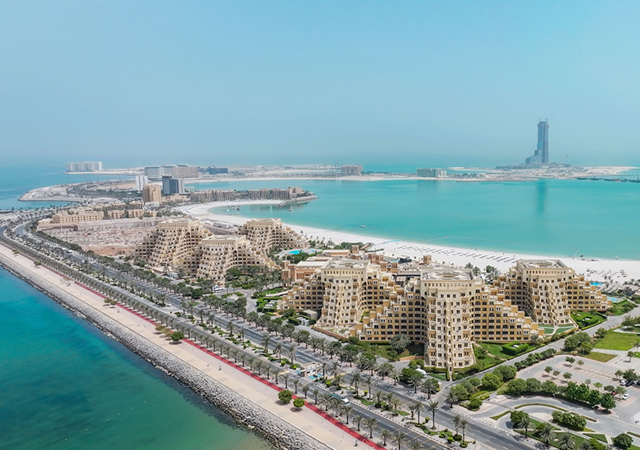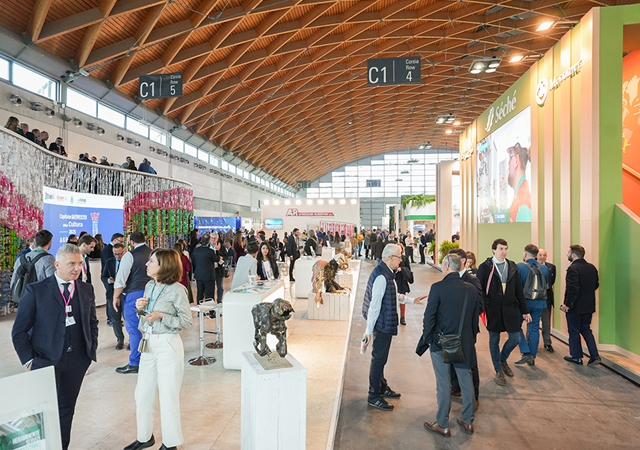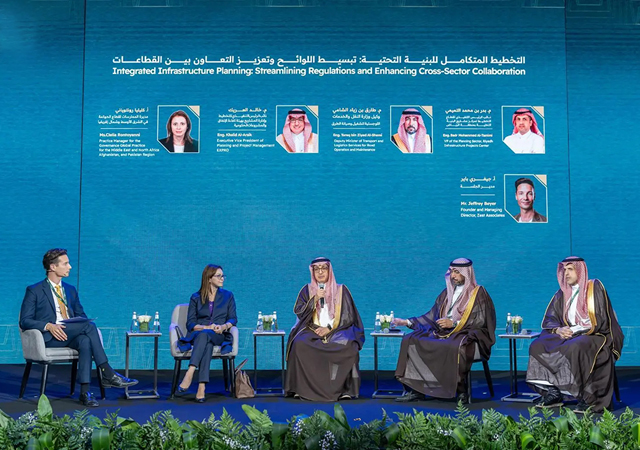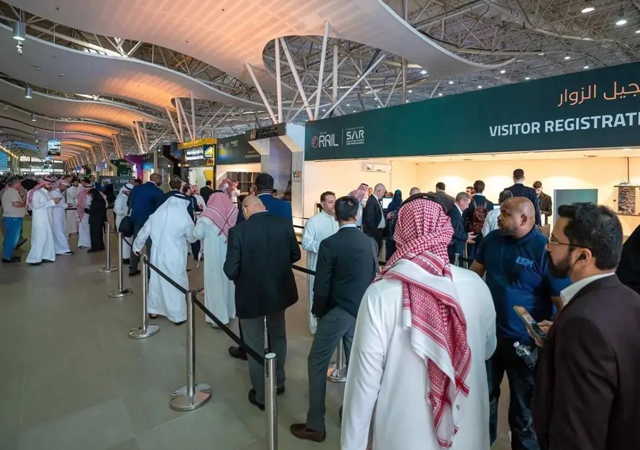
 Hambro joists are easy to install and helps save valuable time.
Hambro joists are easy to install and helps save valuable time.
Canam Asia Limited (CAL), a joint venture between Saudi-based Zamil Industrial Investment Company (ZIIC) and Steel Plus, a subsidiary of Canam Group (Canada), will make its maiden appearance at the Big 5 show this year in a bid to penetrate new markets and further boost its presence as a leading manufacturer and supplier of steel construction components in the region.
“We will be promoting our product line-up of open-web steel joists, composite steel decks and the Hambro composite floor joists system at our stand 3D121 at Big 5, alongside our sister concern Zamil Steel,” says Tarek Al Hakim, marketing executive of the company.
CAL says it is the only company in the region that custom designs, fabricates and supplies open-web steel joists, which are ideal for floors and roofs in all types of buildings, whether steel or concrete. With an industrial licence for the manufacture of steel joists, Canam Asia’s state-of-the-art facility in Dammam, has an annual production capacity of 13,000 tonnes.
CAL joists are custom-built structural elements used to support the floors and roofs of a building and using a steel joist and steel deck system has proven to be an effective solution for durable and cost-efficient construction of schools, factories, warehouses, stores and other such structures worldwide, says general manager, Fouad Kassabaki.
“Our products are manufactured to consistent quality in our plants and are offered at a competitive price. We perform our work meticulously to ensure that every component we manufacture in each of our plants meets the highest quality standards. Our engineers continually seek new technologies to provide better products at the lowest possible cost,” he adds.
The company’s composite steel decks are available in various thicknesses, rib heights and several zinc protection finishes. Deck profiles are available with embossments to act compositely with a concrete slab.
“The company is also renowned for its Hambro composite floor joists system, the design flexibility of which meets the needs of any type of construction and can be used on masonry, steel frame, metal stud, precast walls, ICF block as well as wood-frame construction. The system can bring about cost savings of up to 20 per cent on the building frame alone,” Kassabaki says.
CAL is currently supplying around 10 million sq ft of Hambro composite floor systems, which is approximately 9,000 tonnes per year.
In response to the market’s high demand for oversized steel trusses and special shapes structures, the company installed a new production line last December. This has helped it secure highly complex projects such as the Jeddah Roshan mall (recently completed) as well as aircraft hangars at an air-base in Oman and at Dubai Festival City.
“The reputation of our company has been going from strength to strength throughout the GCC and we have witnessed an increase in turnover of some 20 per cent this year compared to last. We have been expanding our reach in the region through new offices and factories and by starting a new production line for special projects,” adds Kassabaki.
“We also have plans to commission a new factory in the UAE and more new area offices to capitalise on booming Gulf markets. The construction sector is on a sustainable upward trend due to the increasing number of large investors and profitability in the real estate development sector of the region,” he adds.
CAL’s state-of-the-art facility in Dammam’s First Industrial City began production in November 2002 and the company currently has fully staffed sales offices in Riyadh, Jeddah, Dubai, Abu Dhabi and Doha. ISO-certified, it follows strict quality standards with its quality assurance technicians and inspectors certified by the Canadian Welding Bureau and the American Welding Society. Procuring most of its raw materials from Saudi Arabia, Japan and Korea, its main markets include the Middle East, Europe, Asia and Africa.
The Middle Eastern markets have immense potential, such as Saudi Arabia, Qatar and Dubai, where a large number of mega projects are being undertaken in the public and private sectors.




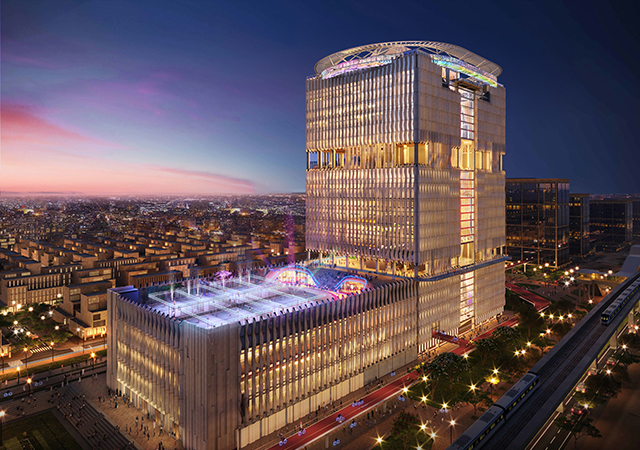
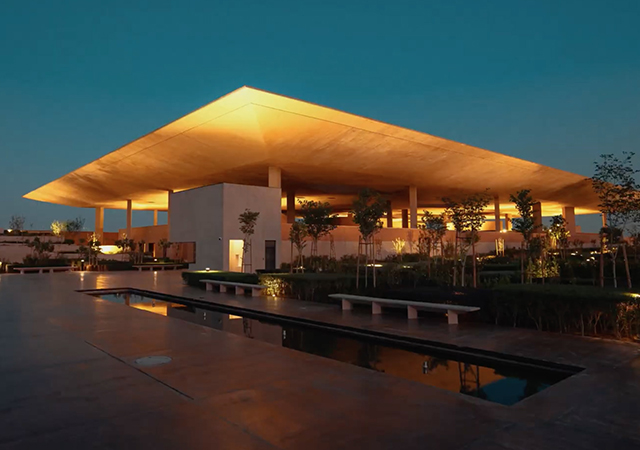
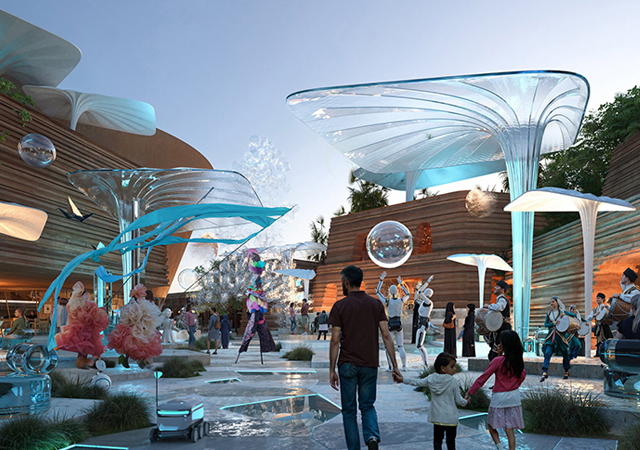
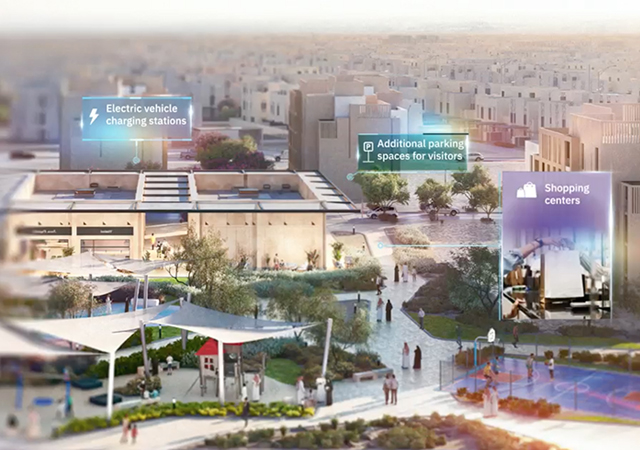
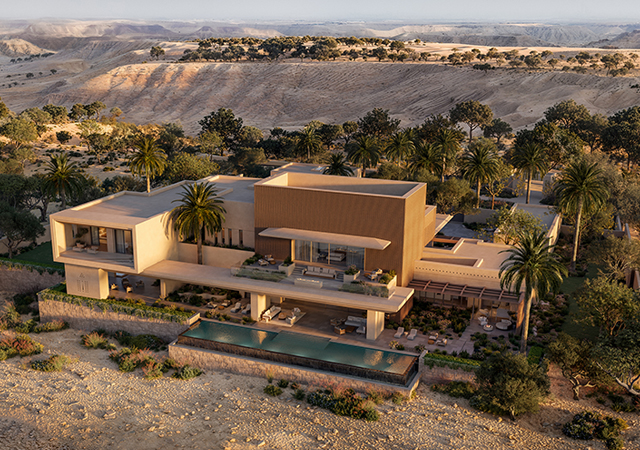
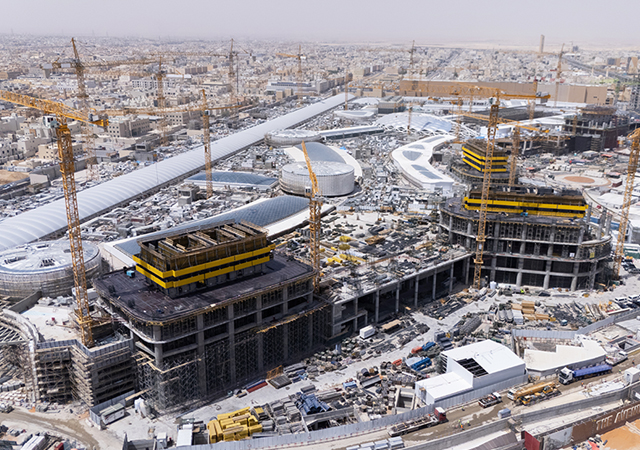
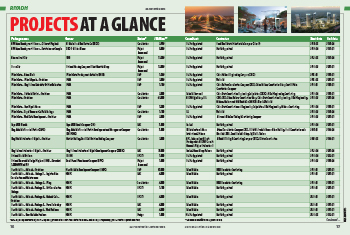
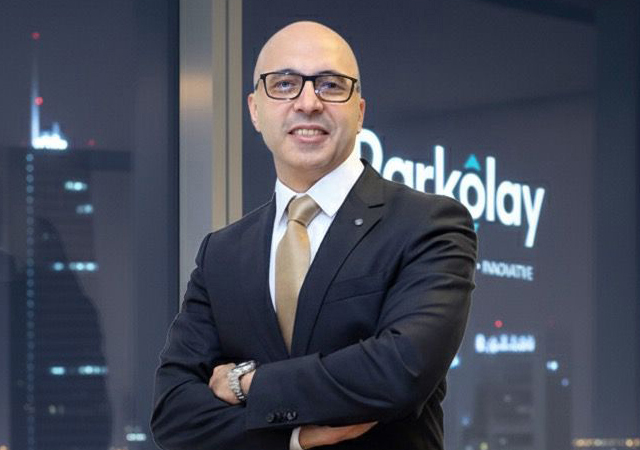
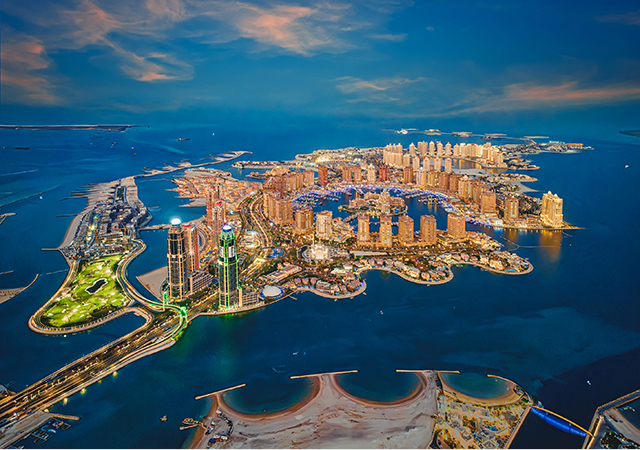

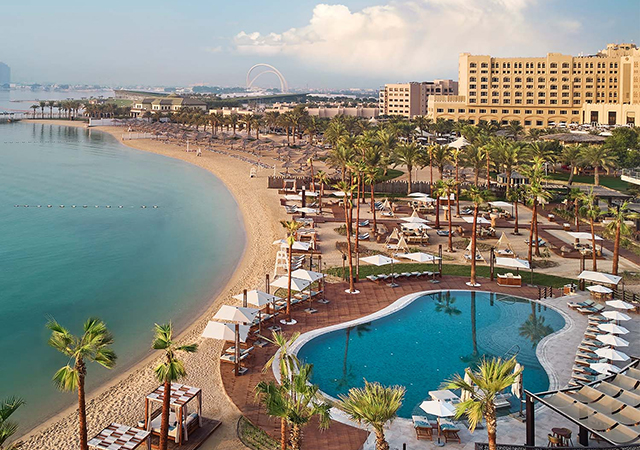
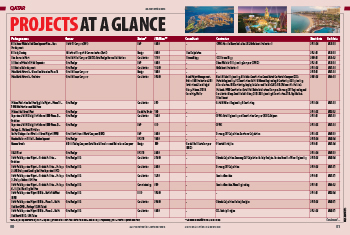
.jpg)
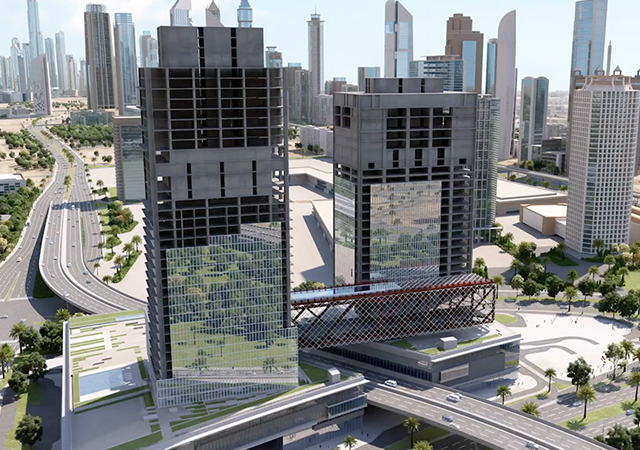

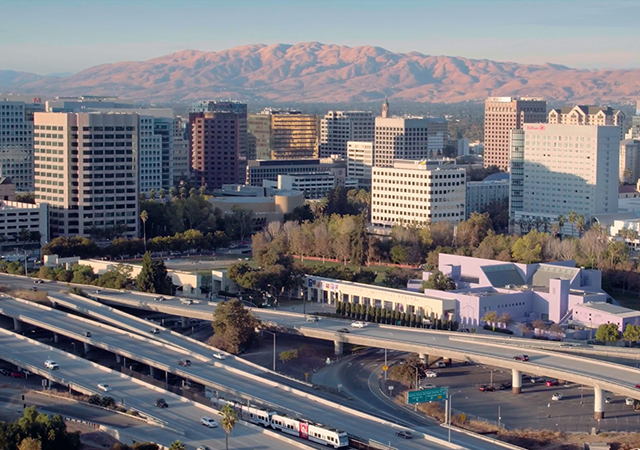


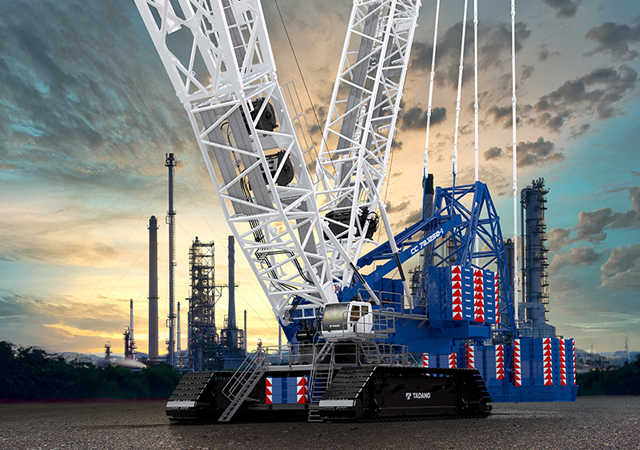
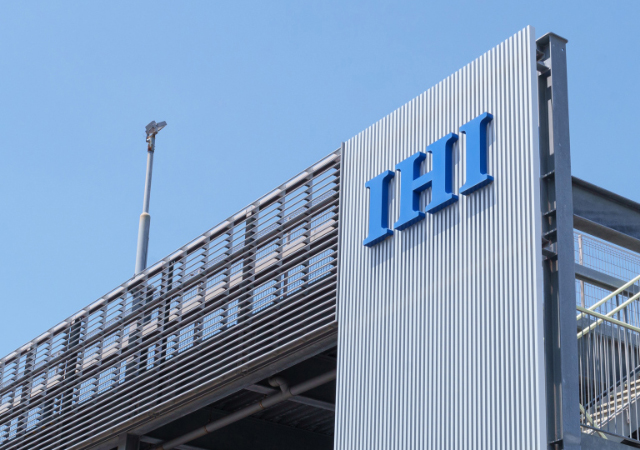
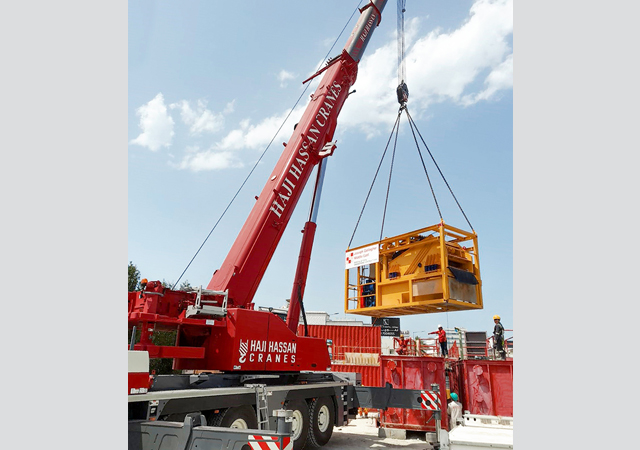
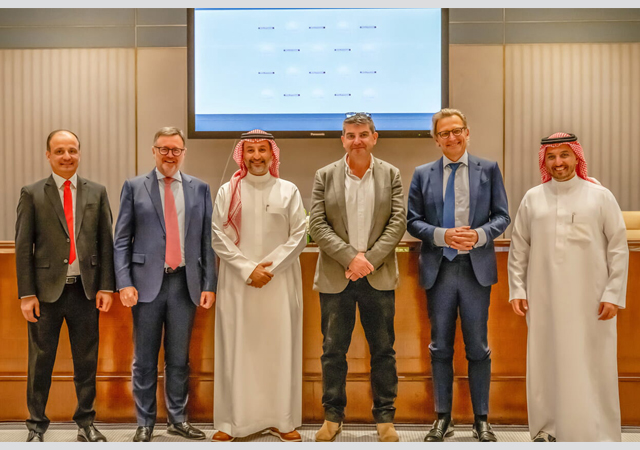
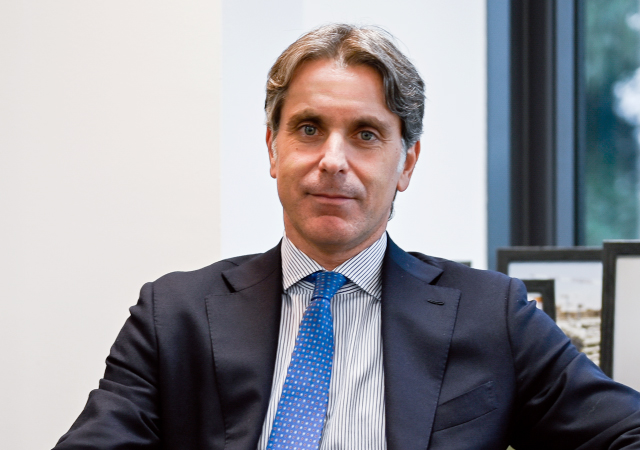
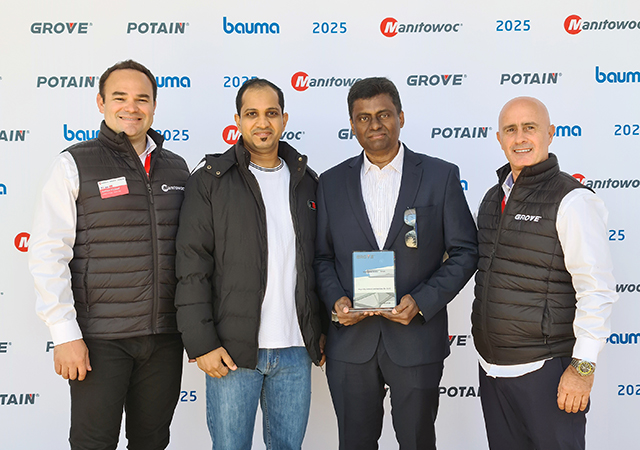

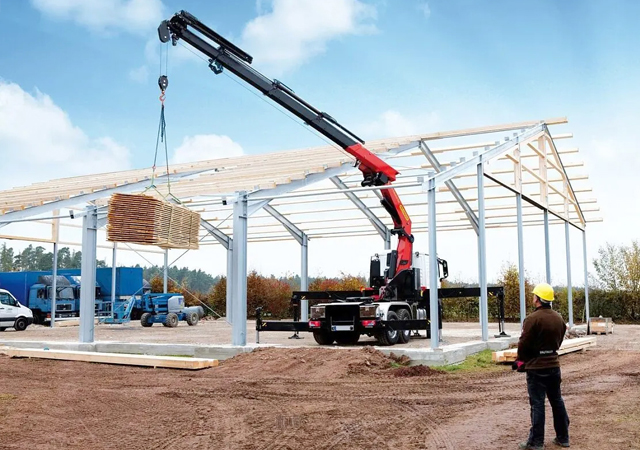
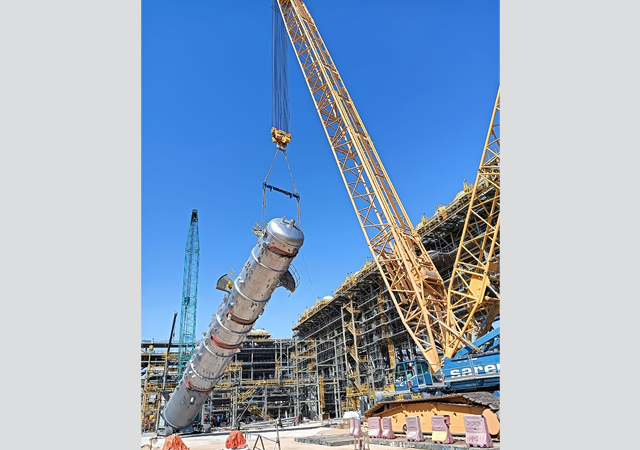
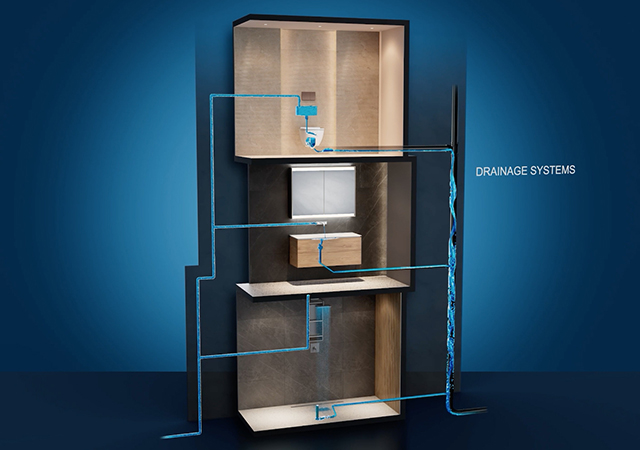
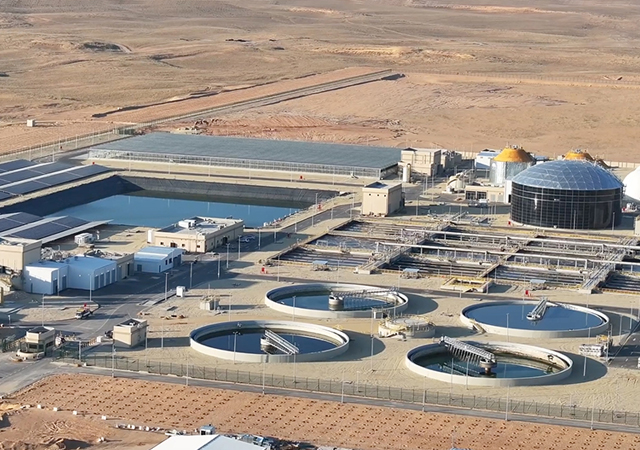

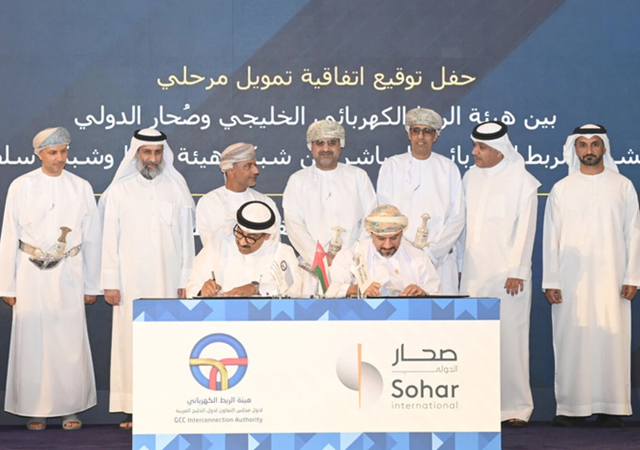
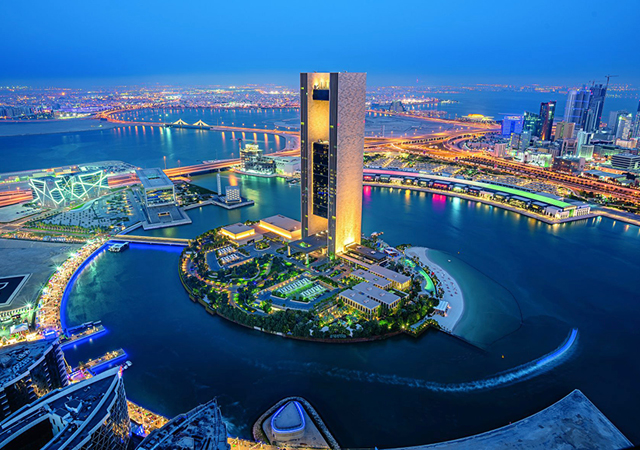
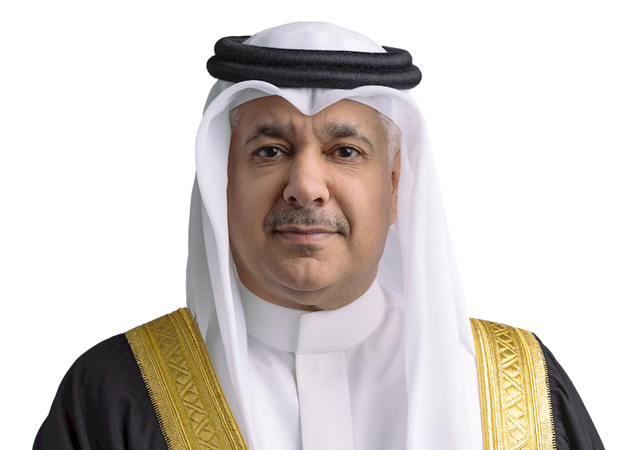
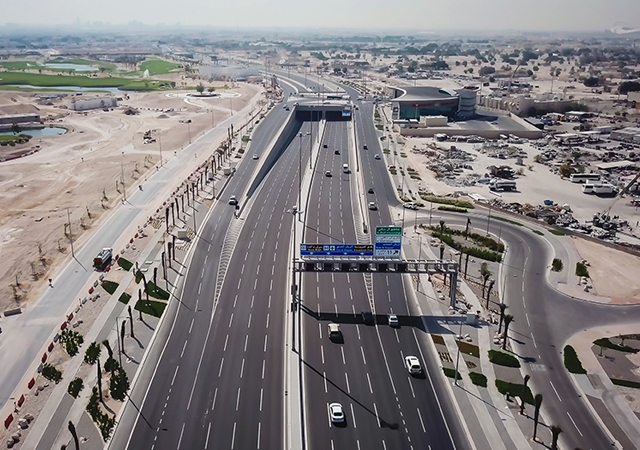
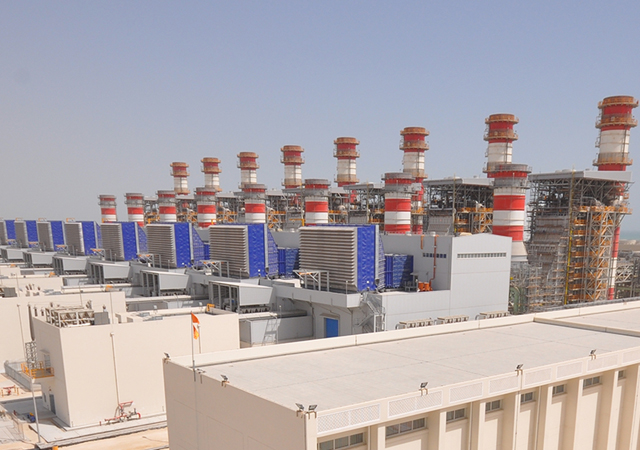
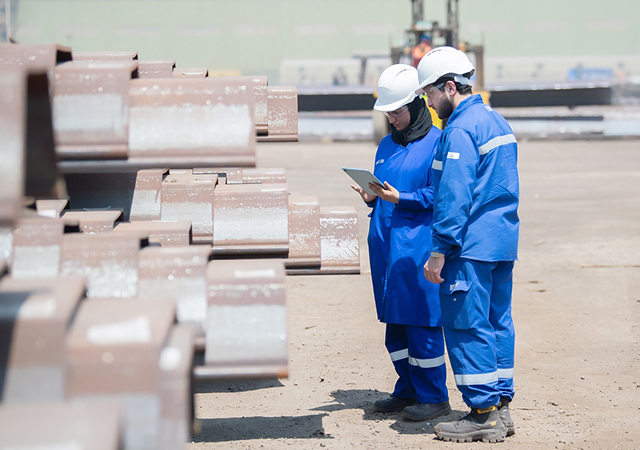
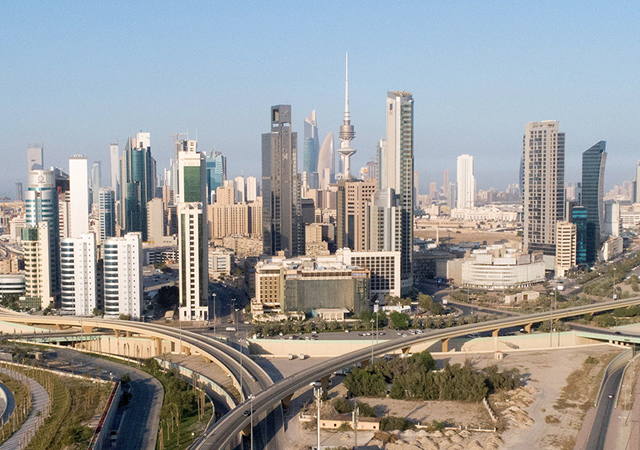
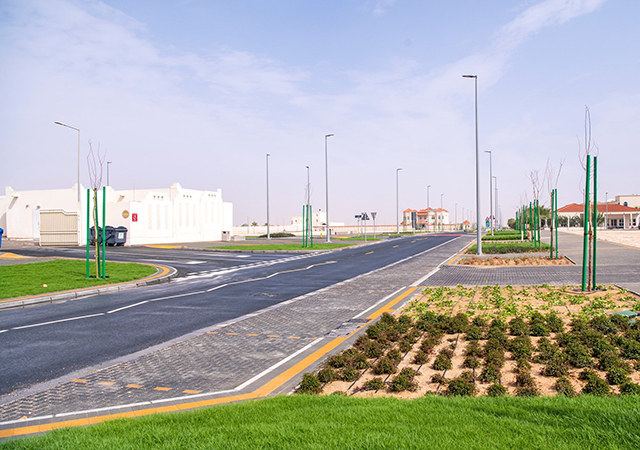
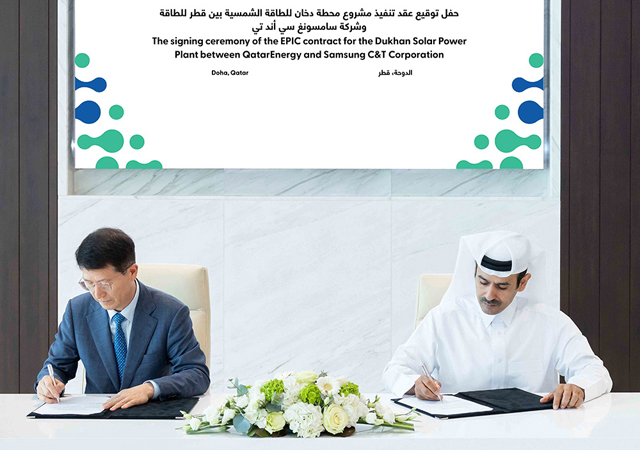
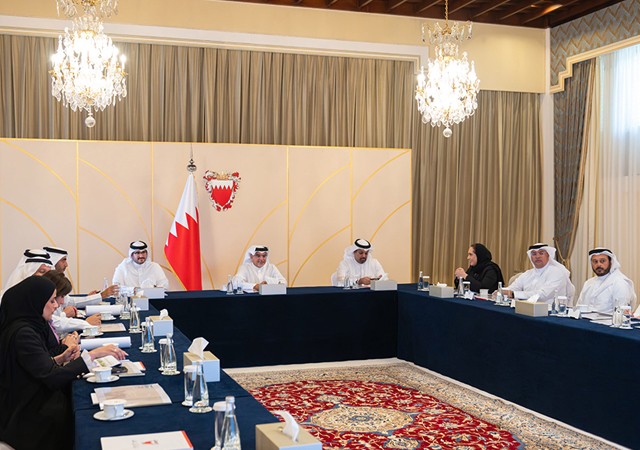

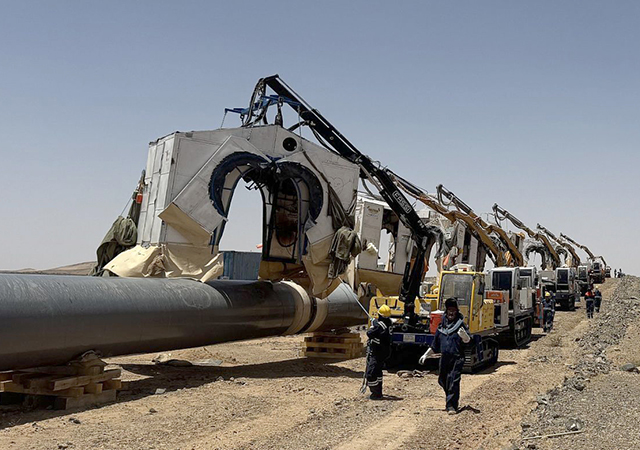

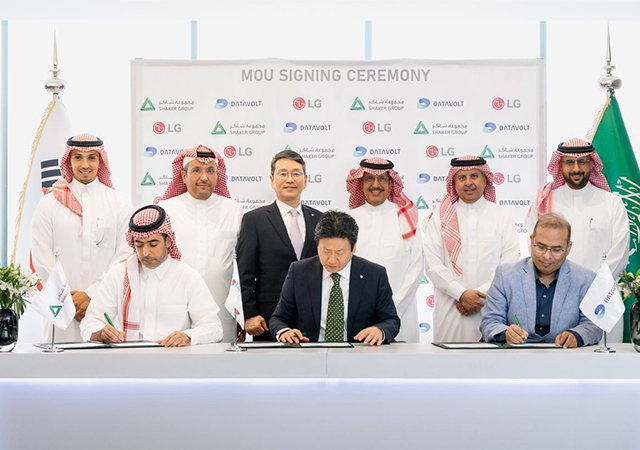
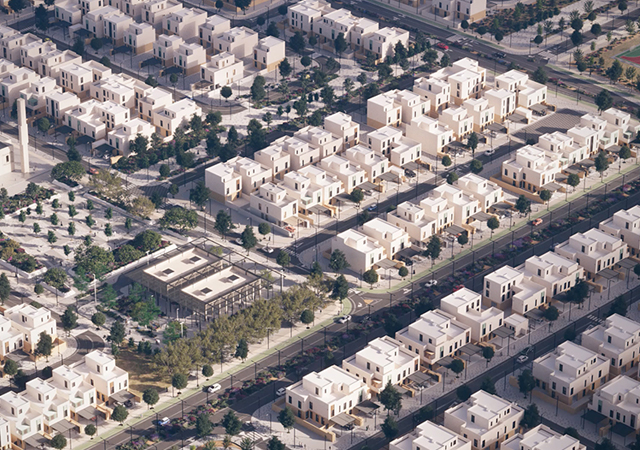
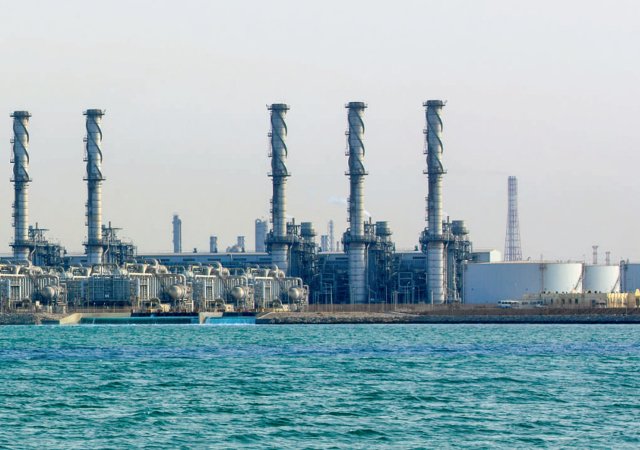
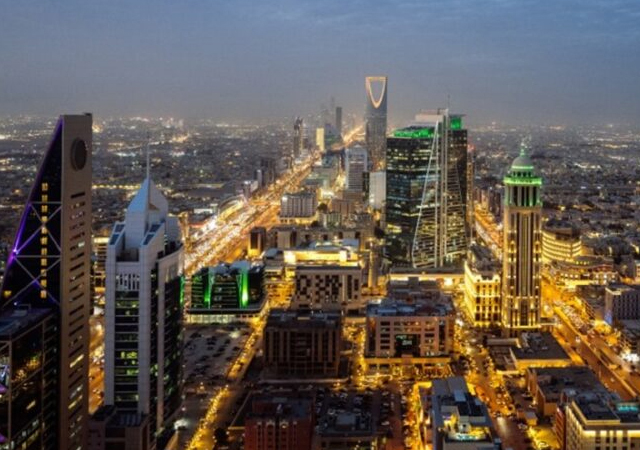
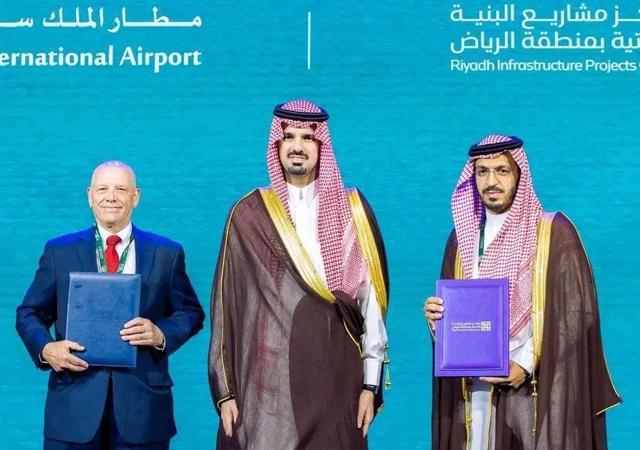
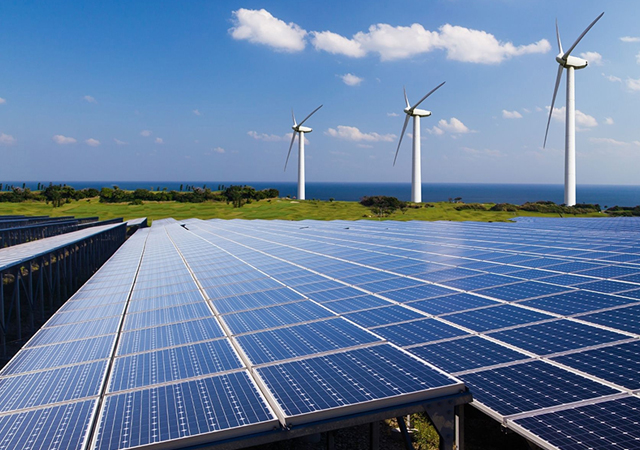
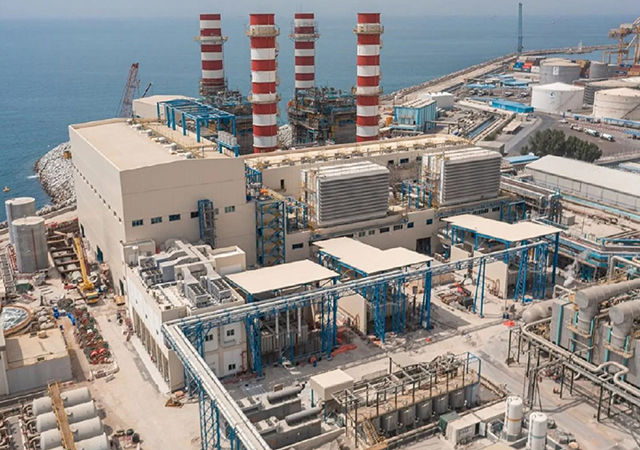
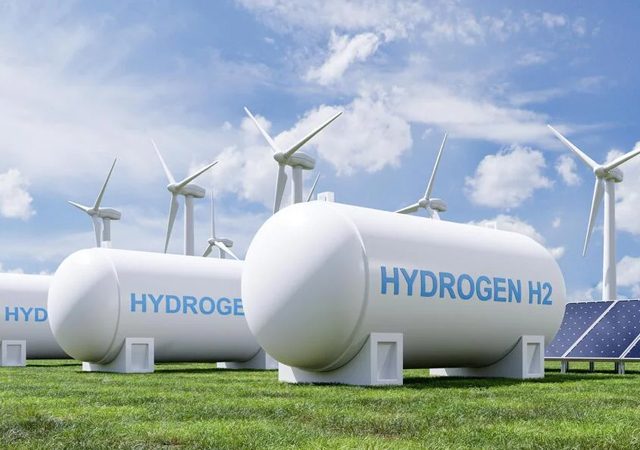

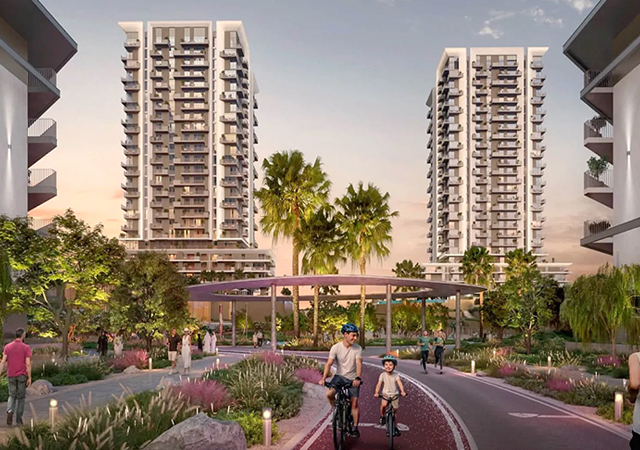
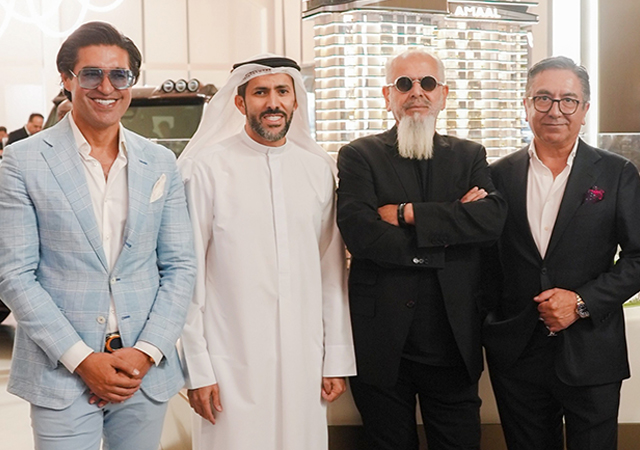
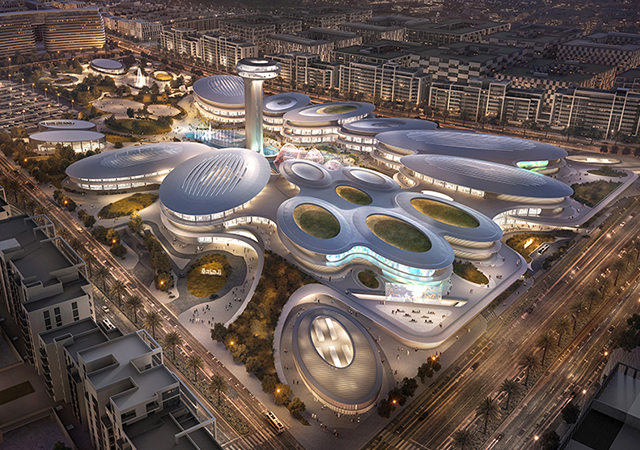
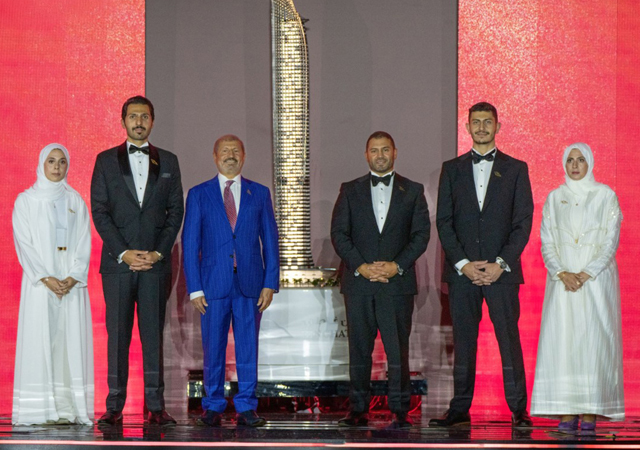
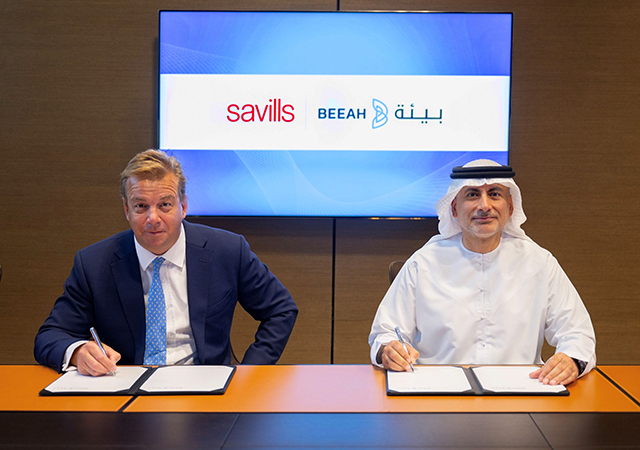
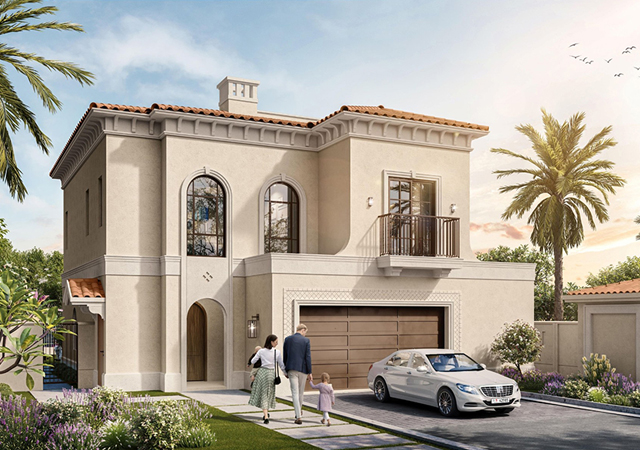


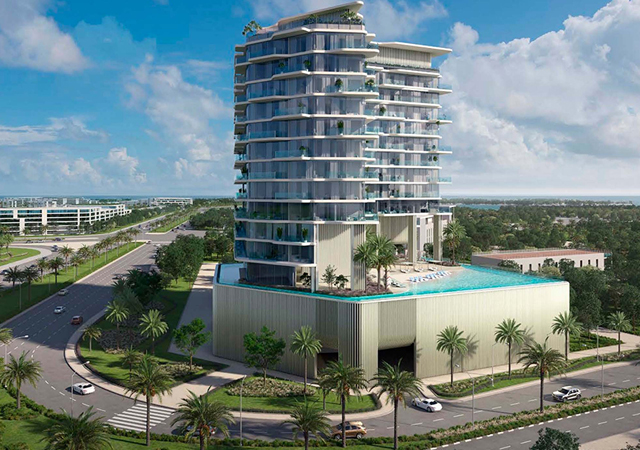
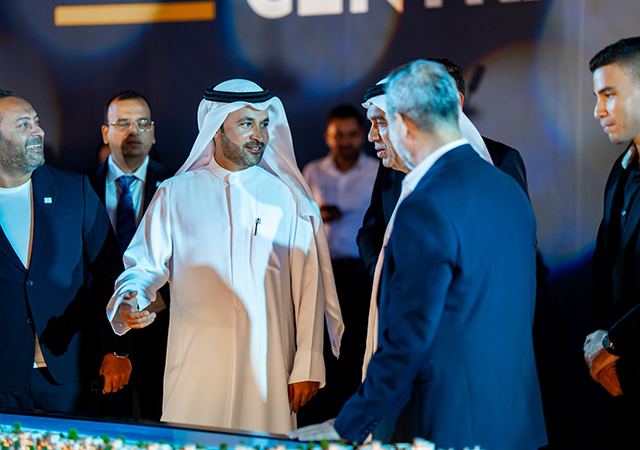
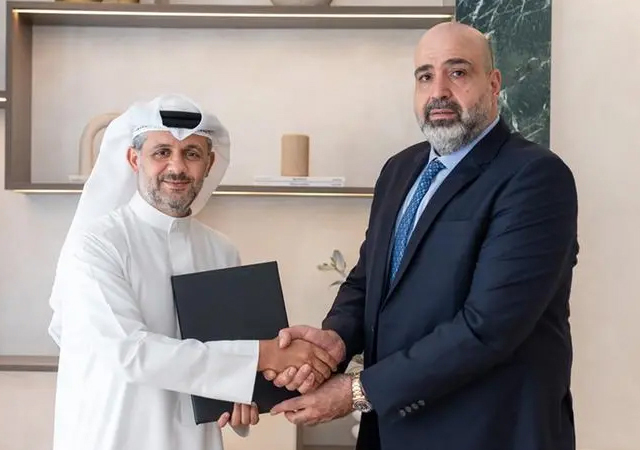
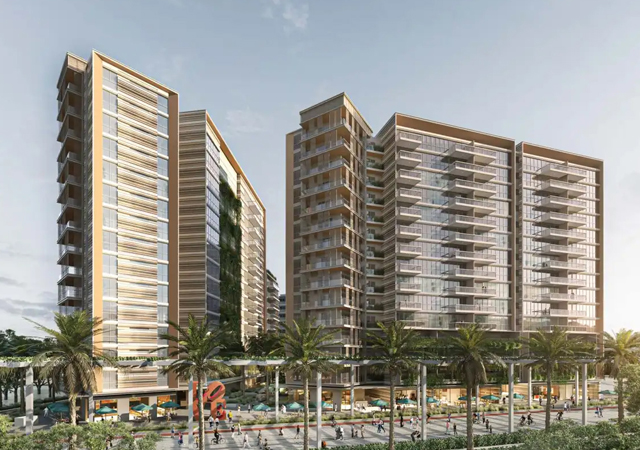
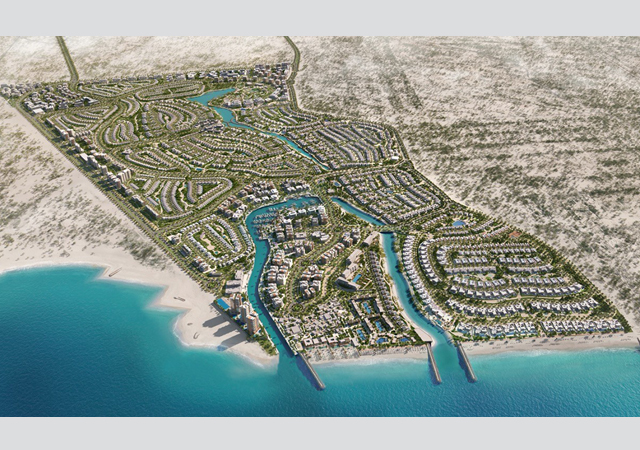
.jpg)
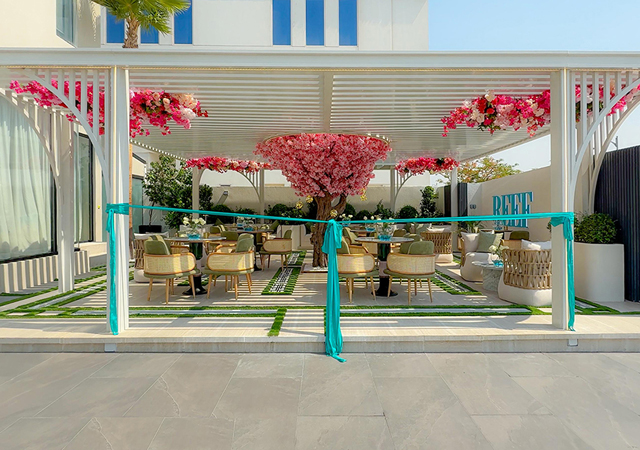
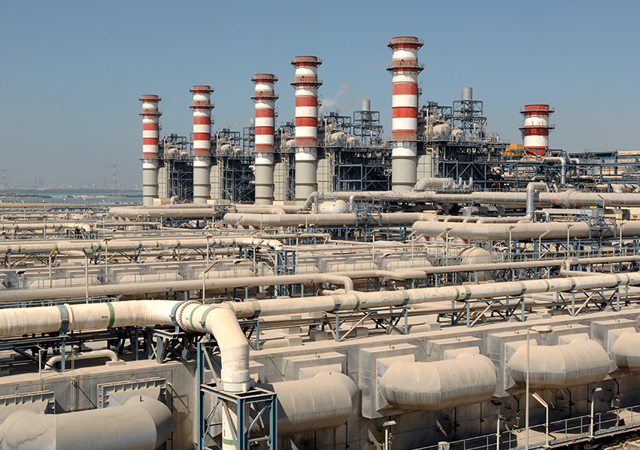
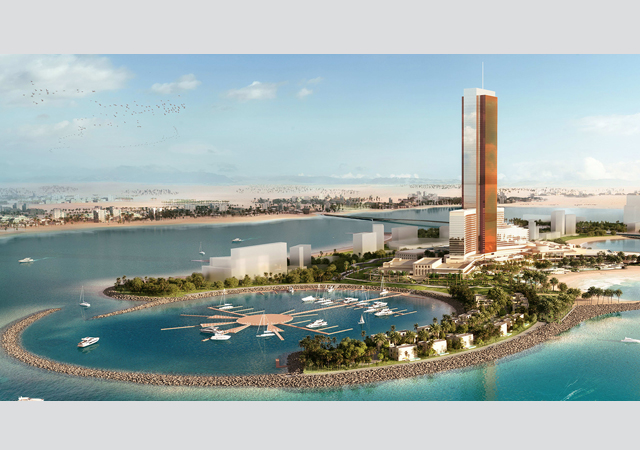
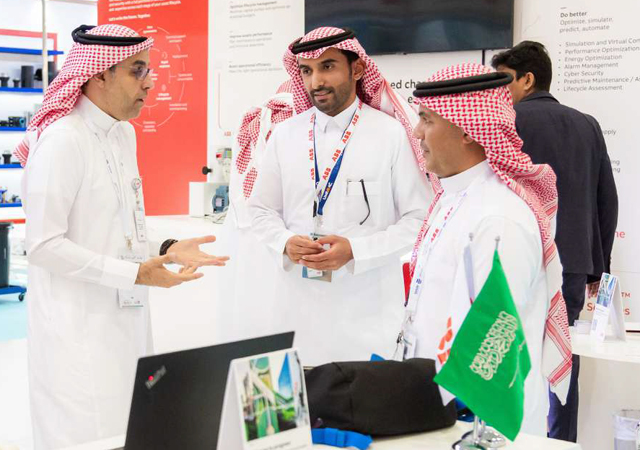
.jpg)
